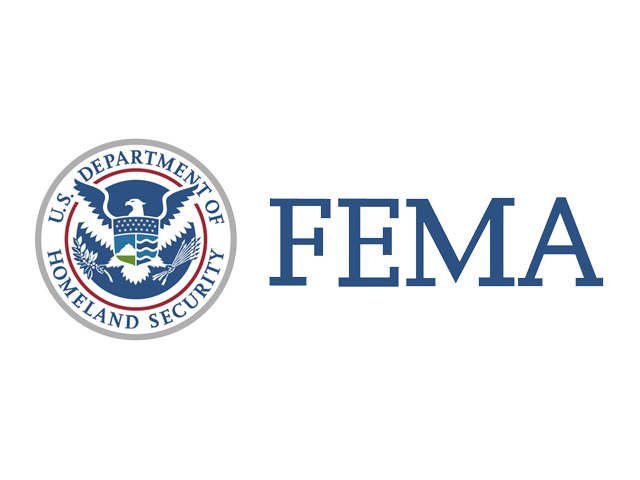 RICHMOND, Va. (AP) — Plans to convert three convention centers across Virginia into field hospitals as part of the state’s coronavirus response have been put on hold, according to Gov. Ralph Northam’s office.
RICHMOND, Va. (AP) — Plans to convert three convention centers across Virginia into field hospitals as part of the state’s coronavirus response have been put on hold, according to Gov. Ralph Northam’s office.
Current trends suggest Virginia has sufficient hospital bed capacity to deal with the pandemic in the short term, Northam’s spokeswoman, Alena Yarmosky, said in an email.
Work has not begun to build the alternative care sites, which Northam announced in early April would be put in place within about six weeks at convention centers in Richmond, Hampton and Fairfax County. The sites were intended to free up capacity in the existing health care system, and Yarmosky said they remain a possibility if things change.
The Norfolk District of the U.S. Army Corps of Engineers has worked with state officials and health care providers on the design of the sites, said spokesman Patrick Bloodgood
“From the Corps’ perspective, we are ready to go as soon as the state says execute,” he said.
Dr. Danny Avula, who as director of the Richmond and Henrico County health districts was involved in planning conversations about the Richmond alternative care site, said the health systems he’d heard from didn’t think it was necessary to pursue such a huge overhaul. Instead, a projected surge in patients can likely be handled by overflow the systems can create on their own, he said.
In New York City, the epicenter of the pandemic in the U.S., an alternative care site set up at the Javits Center has had fewer patients than expected.
The number of confirmed cases of COVID-19 in Virginia surpassed 9,600 on Tuesday, with 324 deaths, according to the latest information available from the Department of Health.
Nearly 5,500 hospital beds were available, according to a report published online by the Virginia Hospital and Healthcare Association, which reported 1,331 hospitalized patients who have either tested positive for COVID-19 or who have test results pending.
Northam directed Virginia’s hospitals in late March to postpone elective surgeries, a move aimed at freeing up bed space and preserving personal protective equipment that’s in short supply.
Deaths and infections are still rising around the world. The virus has killed more than 175,000 people globally, including more than 43,000 in the United States, according to a count from Johns Hopkins University.
___



